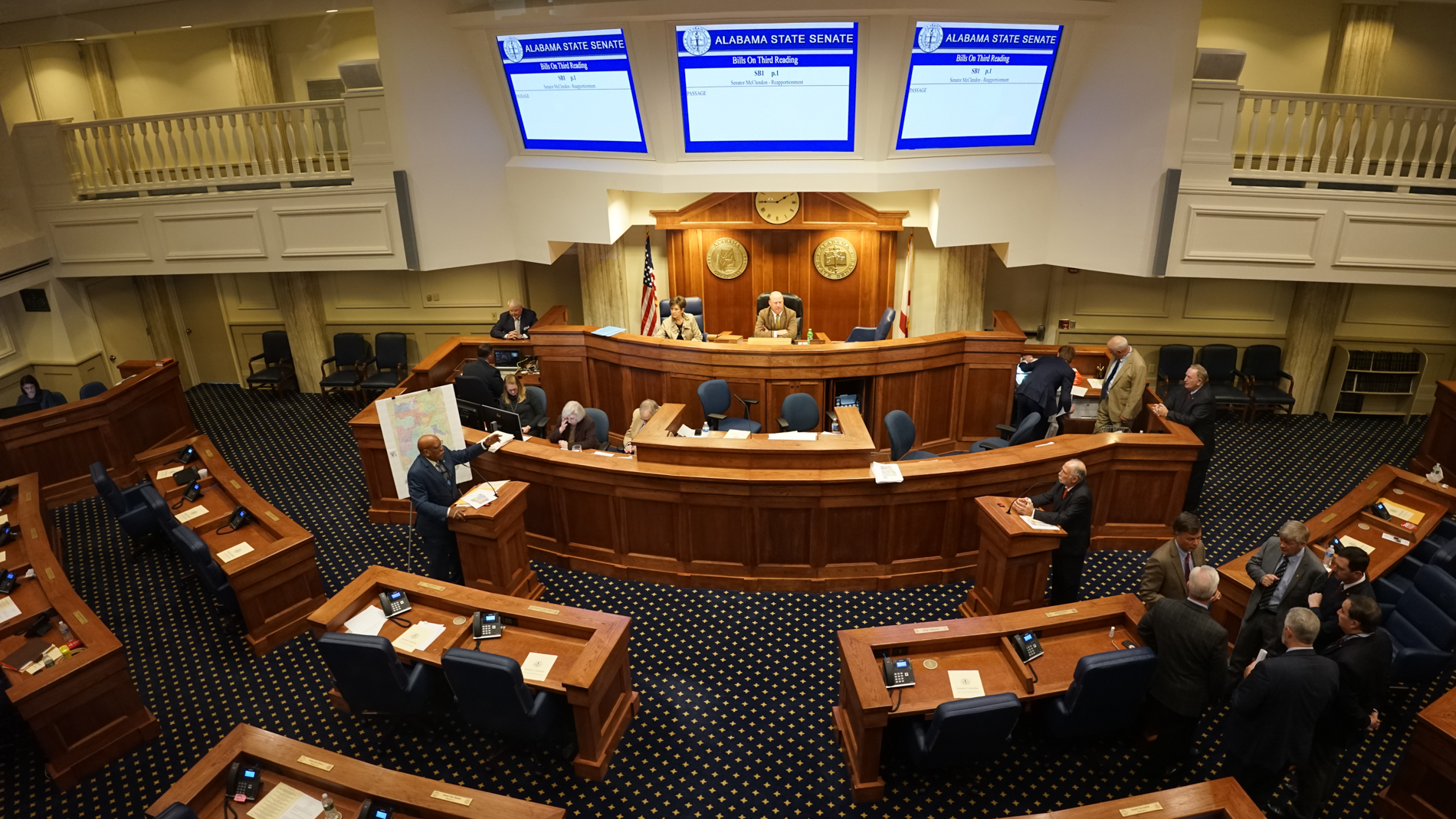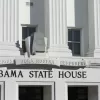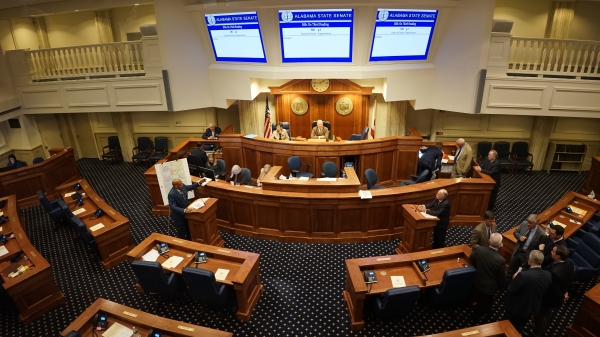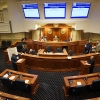The Alabama Senate Government Affairs Committee in a 6-1 vote approved to a bill that would prohibit the teaching of “divisive concepts.”
Senate Bill 292, introduced by Sen. Will Barfoot, R-Pike Road, doesn’t include the phrase “Critical Race Theory” but its definitions of what “device concepts” are clearly aims to ban the teaching of the theory, which educators in Alabama have said isn’t being taught in public K-12 schools, and in fact was banned by the State school board in October.
Critical Race Theory, taught in some graduate law classes, teaches that racism isn’t solely possible in an individual, but that racism is embedded in legal systems and policies.
Numerous bills making their way through the Alabama legislature this session seek to ban the teaching of the theory, whether by name or, like Barfoot’’s bill, by definition only. Banning Critical Race Theory has become popular among some conservatives, but educators and universities have expressed concern that such legislation threatens academic freedoms.
The University of Alabama Faculty Senate passed a resolution stating its opposition to legislation banning Critical Race Theory.
Barfoot’s bill would prohibit state agencies and teachers from teaching or promoting “divisive concepts” including that “one race, sex, or religion is inherently superior to another race, sex, or religion.” and that “this state or the United States is inherently racist or sexist.”
“We certainly should not teach our kids that they are better or worse than any other kids based on their race, sex, religion,” Barfoot told the committee before the vote.
Barfoot said he’s heard mention that his bill would prohibit the teaching of history, and said that’s not accurate.
“We should address the fallacies that have happened and the mistakes and bad decisions that have happened in the past. This bill does not do away with that,” Barfoot said.
Kenneth Dukes, the third vice president for the Alabama State Conference at the NAACP, spoke before the vote and asked that the vote be delayed to give the public an opportunity to speak on the legislation.
Sen. Linda Coleman-Madison, D-Birmingham, said there’s misinformation circulating about what exactly critical race theory is, and asked that the bill be set aside for a week to give time to discuss it.
“The word critical race theory is not in there,” Barfoot said of his bill.
“I understand what you’re saying, but a rose by any other name,” Coleman-Madison said. “Even though critical race theory is not mentioned, we understand the whole concept was was centered around that.”
Sen. Sam Givhan, R-Huntsville, said Barfoot’s bill does, however, define “devise concepts” and alleged such concepts have been taught in public schools.
“We don’t need to get into individual examples, but I know that this has been used in the school system to single out children, and in one case to say, this is what a racist looks like,” Givhan said.
After Coleman-Madison asked that the bill be set aside to give time to discuss it further, a motion was made to take a vote on the legislation, and it passed with just one no vote, from Coleman-Madison. The bill now heads to the full Senate for consideration.





















































